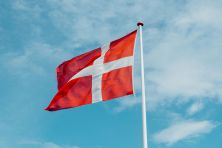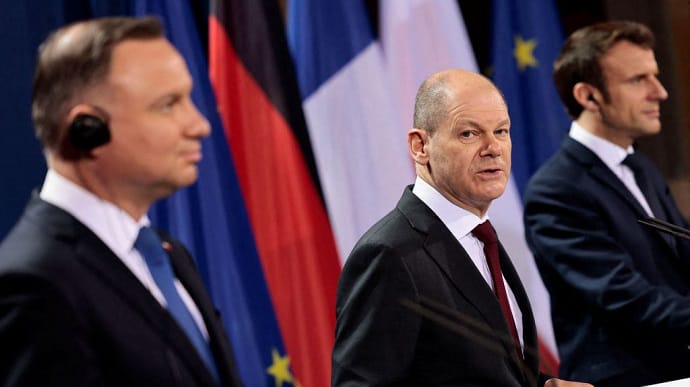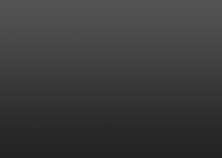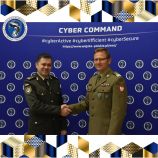February 8, Berlin, presidents of France and Poland, Emmanuel Macron and Andrzej Duda, as well as German Chancellor Olaf Scholz, discussed Russian escalation around Ukraine. The leaders of the three countries emphasize the need to achieve a peaceful solution of the issue, Interfax news agency reports.
“Our aspiration today is within the framework of the Weimar Triangle – we want to de-escalate the extremely tense situation, we need negotiations and solutions,” Scholz told reporters before the talks. According to him, it is necessary to “preserve peace in Europe through diplomacy and clear signals.”
Duda, for his part, said he felt deeply concerned about the situation. “Our task is to ensure compliance with international law and preserve the territorial integrity of those countries that are not members of the EU or NATO. They are our partners. Ukraine is one of them,” said the Polish president.
In turn, Macron stressed the importance of continuing the dialogue with Russia to ensure security in Europe.
“We must continue the dialogue, maintaining unity. This is necessary to stop the escalation, to achieve de-escalation,” he said.
Related news: Austria ready to support “painful” sanctions against Russia if it invades Ukraine, – MFA head Schallenberg
The French President stressed that in the coming weeks France, Germany and Poland will actively work on this. In particular, he said, this should allow “finding ways to start a serious dialogue with Russia at several sites.” Macron noted that NATO, the United States and European countries will work to offer Russia “security guarantees.”
Russia has concentrated more than 100,000 troops in the border areas with Ukraine and the temporarily occupied Crimea – 70% of the forces that would be necessary for a full-scale invasion of Ukraine. Western countries demonstrate their partner support by providing Ukraine with military, diplomatic, humanitarian, and political aid. In addition, number of leaders and diplomats of the Western states visit Ukraine and coordinate the policies aimed at countering Russian aggression.
As reported before, February 7-8, German Foreign Minister Annalena Berbock has been visiting Ukraine. UA has gathered the key messages of the German minister here.
February 7-8, Foreign Ministers Jan Lipavský (the Czech Republic), Alexander Schallenberg (Austria), and Ivan Korčok (Slovakia) had a joint visit to Ukraine as part of the Slavkov trilateral.
February 8, French President Emmanuel Macron met with his Ukrainian counterpart Volodymyr Zelensky in Kyiv. Here are the most crucial points of their meeting.
February 7, German Foreign Minister Annalena Baerbock visited Kyiv, Berlin and Kyiv to trace common red lines. We have gathered the key messages of the German position here.
In addition, Ukraine, Poland, and UK are looking to form a partnership to strengthen regional security.












